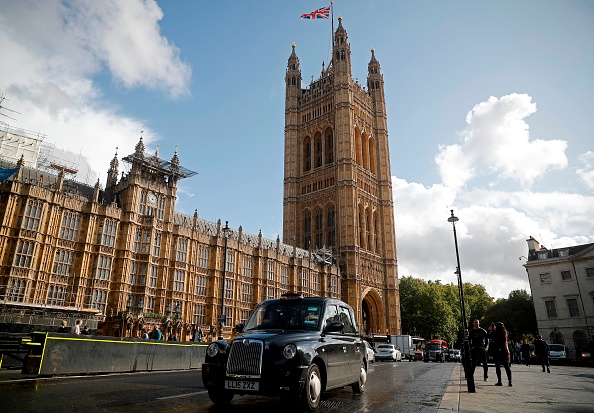EU court rules against Britain in £2.2bn import fraud case

The European Union’s highest court has ruled against Britain in a fraud case involving billions of pounds worth of import fraud.
The European Commission raised a claim against Britain for failing to crack down on importers who evaded paying the correct customs duties by undervaluing Chinese textiles and footwear. The EU estimates that the bloc lost out on a staggering €2.7bn (£2.2bn) between 2011 and 2017 as a result of inadequate customs checks and is demanding that Britain foots the bill.
In a statement today the Court of Justice upheld the European Commission’s claim, ruling that “the United Kingdom has failed to fulfil its obligations under EU law.” The EU court ruled that the UK failed to apply “effective customs control measures” and “enter in the accounts the correct amounts of customs duties” owed.
The UK’s tax and customs authority HMRC accused the Commission of having “vastly overstated” the scale of the fraud.
“Throughout, we’ve made the case that we took reasonable and proportionate steps to tackle the fraud in question and that the Commission vastly overstated the size and severity of the alleged fraud,” the spokesperson said.
“The UK has always and continues to take customs fraud very seriously and evolves its response as new threats emerge,” they added.
While the Court ruled that the European Commission should recalculate the losses it concluded that the method used to arrive at the multi billion euro figure “has proved to be sufficiently precise and reliable to ensure that it does not lead to a clear overestimate of the amount of those losses.”
The European Commission maintains that it gave Britain multiple warnings about the threat of customs evasion between 2007 and 2015. The European Anti-Fraud Office (OLAF) claims to have sent mutual assistance messages to Member States, informing them of the risk of extreme undervaluation of imports of textiles and footwear from China by shell companies registered for the sole purpose of making fraudulent transactions.
According to the Commission OLAF recommended that the competent United Kingdom authorities beef up customs checks in multiple bilateral meetings. Britain failed to put in place necessary controls to prevent undervalued goods from entering the EU single market, the Commission claims.
Read more: Ukraine crisis highlights Europe’s dependency on Russian gas